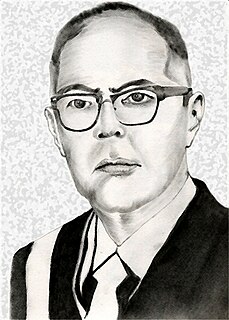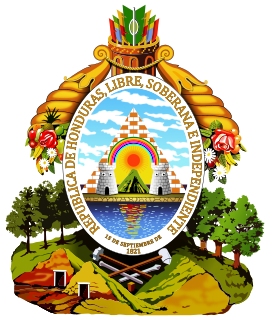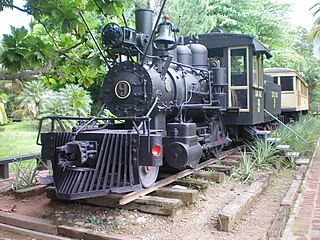A legislative election was held in Honduras on 28 January 1936. The people elected 59 deputies to the Constituent Assembly.

Honduras, officially the Republic of Honduras, is a country in Central America. In the past, it was sometimes referred to as "Spanish Honduras" to differentiate it from British Honduras, which later became modern-day Belize. The republic of Honduras is bordered to the west by Guatemala, to the southwest by El Salvador, to the southeast by Nicaragua, to the south by the Pacific Ocean at the Gulf of Fonseca, and to the north by the Gulf of Honduras, a large inlet of the Caribbean Sea.
Contents
“On 6 January 1936, the Congress agreed by a vote of fifty-six to two to call an election for a constituent assembly to draft a new constitution”. [1]
“On 28 January, elections were held for the Constituent Assembly. No Liberals or dissident National Party members were elected. The new body consisted only of deputies who sat in the legislature”. [2]

The Liberal Party of Honduras is a centre-right liberal political party in Honduras that was founded in 1891. The party is a member of the Liberal International. The PLH is identified with the color red and white, as the flag Francisco Morazan used in most of his military campaigns during time of the Central American Federal Republic.

The National Party of Honduras is a political party in Honduras founded on February 27, 1902, by Manuel Bonilla Chirinos. Historically it has been one of the two most influential parties in the country. The party's platform is based on Christian humanist doctrine, and its five main principles are common wealth, dignity of the human person, equality, solidarity and subsidiarity.
By the terms of the Constitution of 1936 deputies will serve until 4 December 1942. [3]



